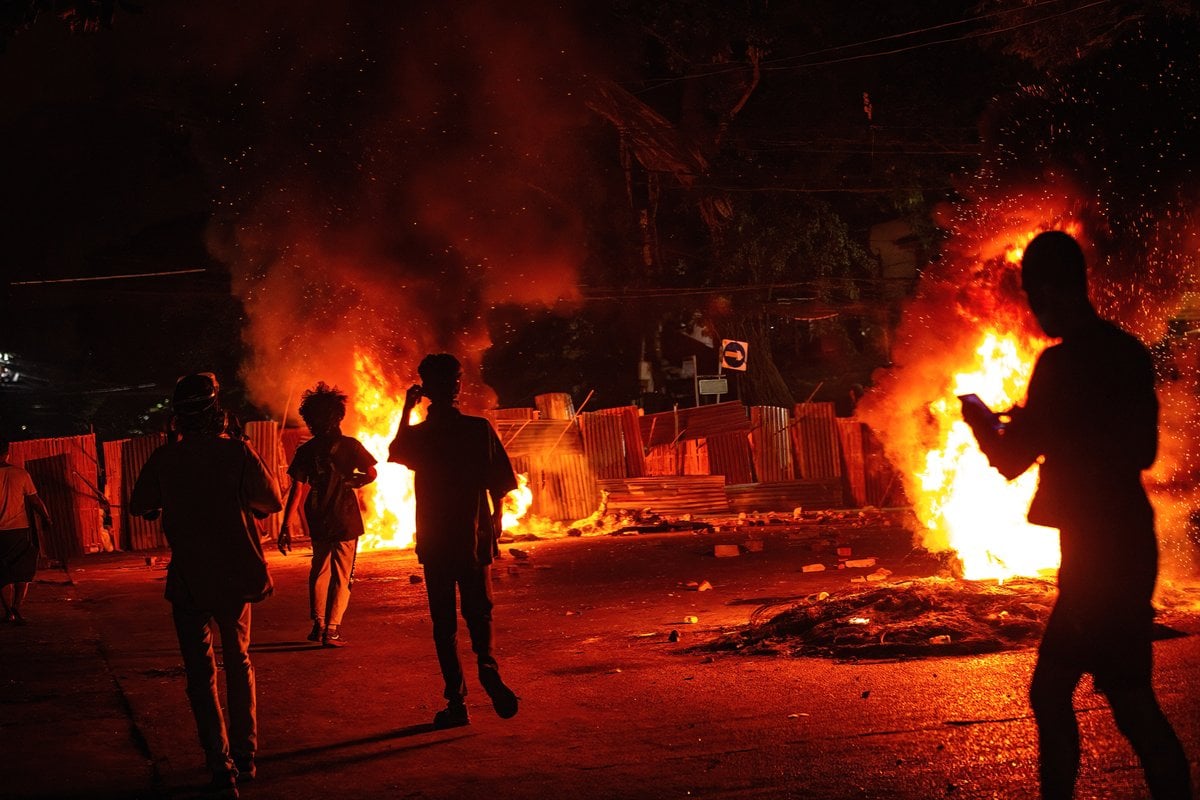
"I told them that they can kill me."
Those are the words of Sister Ann Rose Nu Tawng, a nun who went on her knees in front of police in Myanmar as she pleaded for peace this month.
"I am not standing up until they give their promise that they will not brutally crack down on protesters," she recalled in a phone interview with Reuters.
“I begged them not to hurt the protesters, but to treat them kindly like family members.”
Her prayers were not answered. She saw a child's head explode.
"There was a river of blood on the street," she said.
A Myanmar nun, Sister Ann Rose Nu Tawng, kneeled before police officers in the city of Myitkyina to ask security forces to refrain from violence against children and residents https://t.co/ojnACSHY1I pic.twitter.com/eKSd7XM7se
— Reuters (@Reuters) March 9, 2021

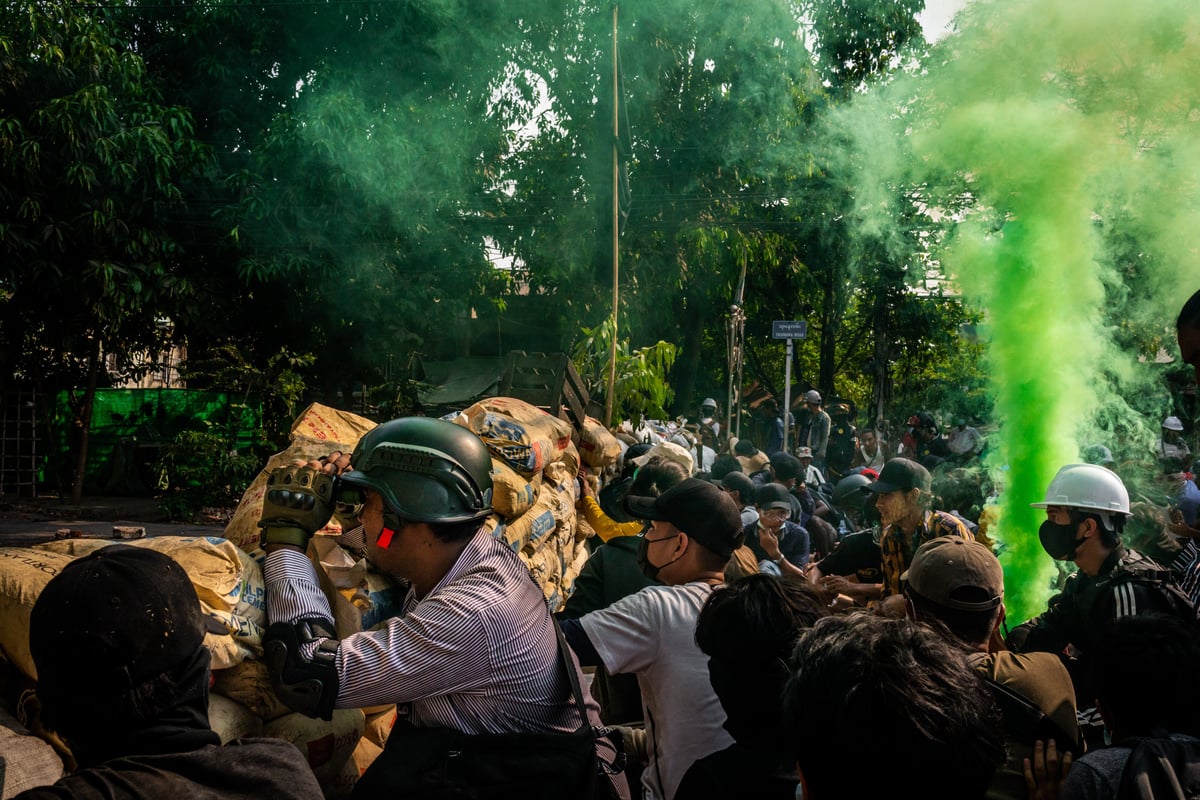
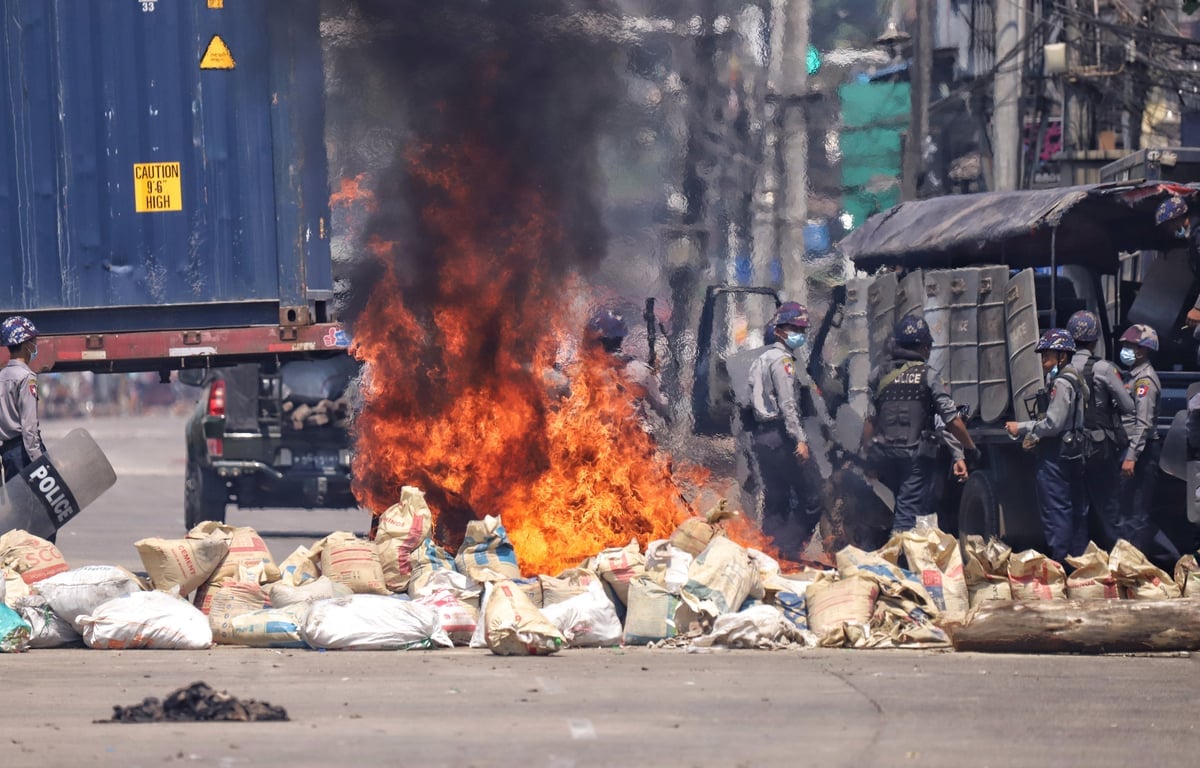
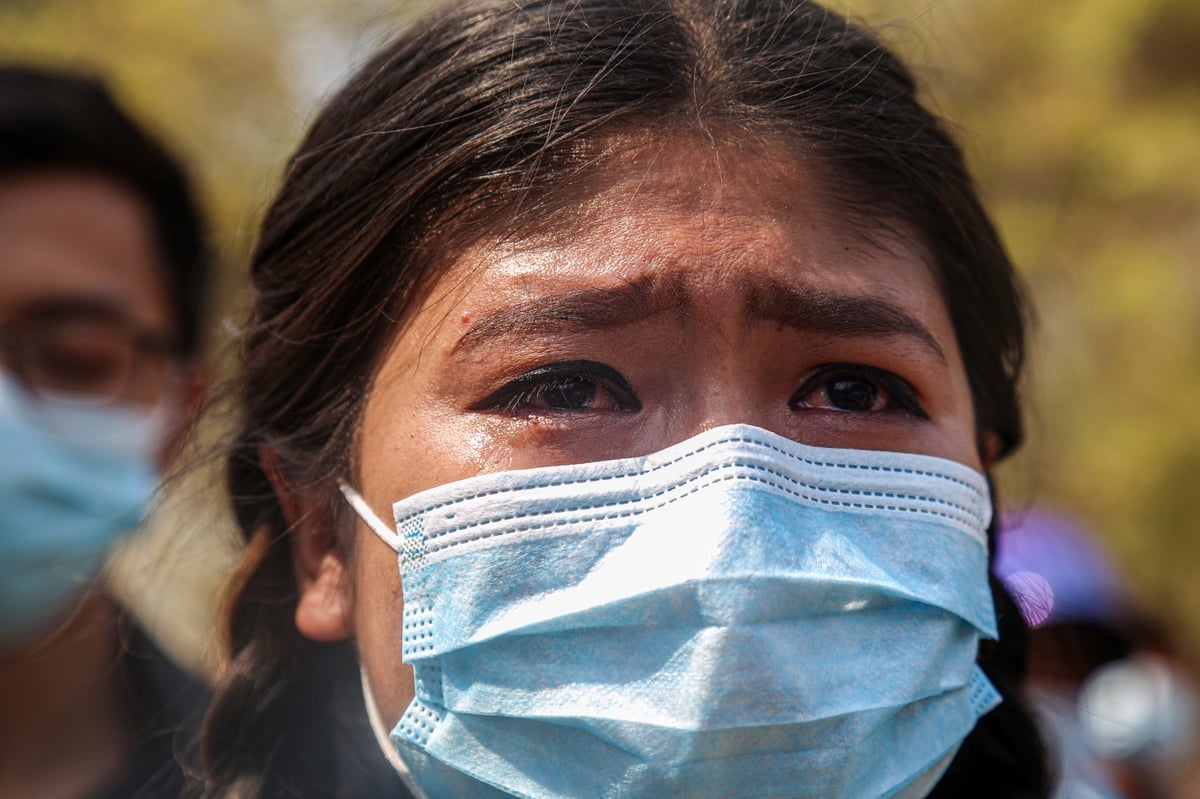
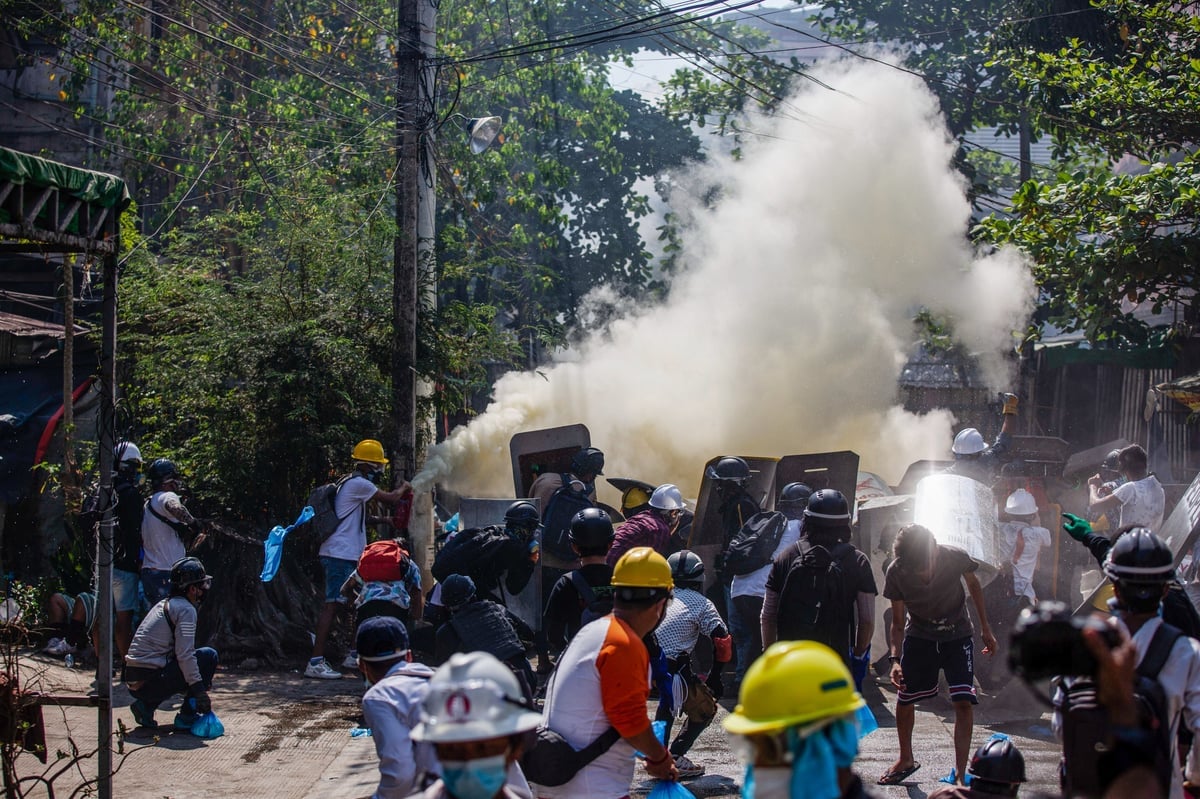
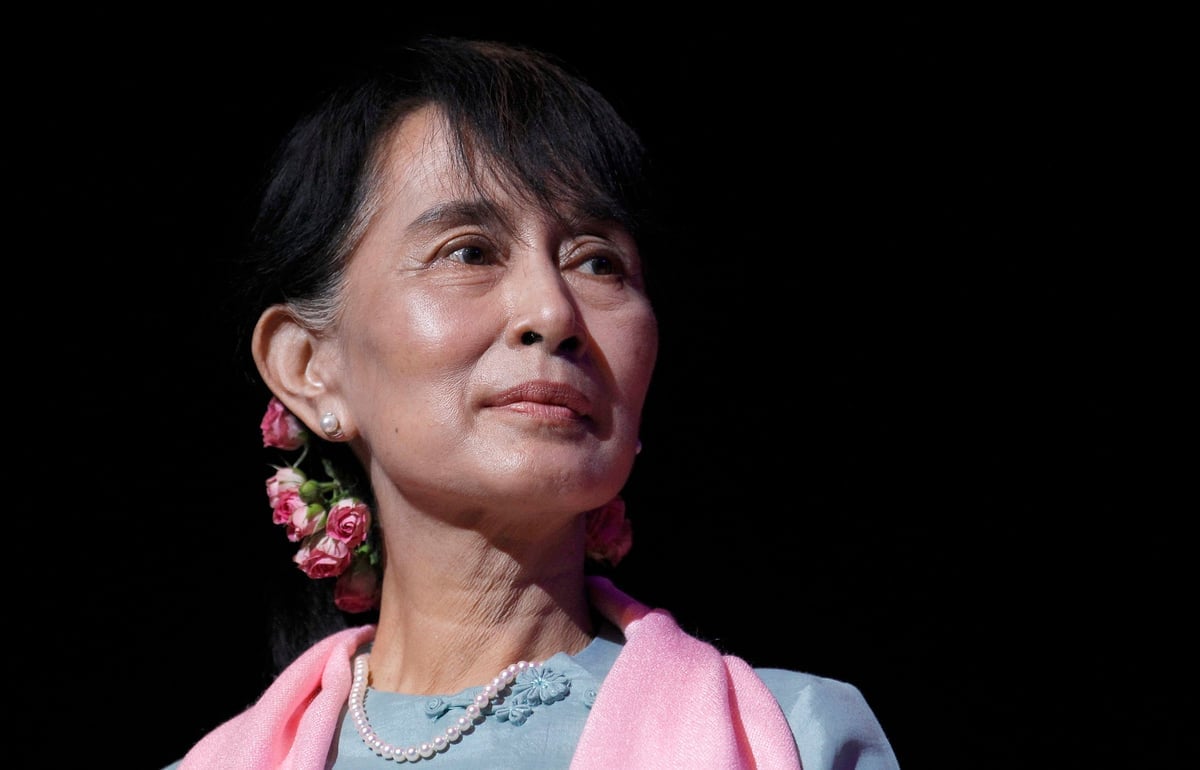
Top Comments